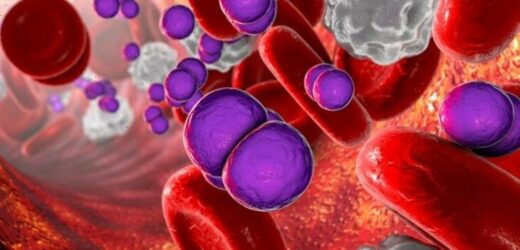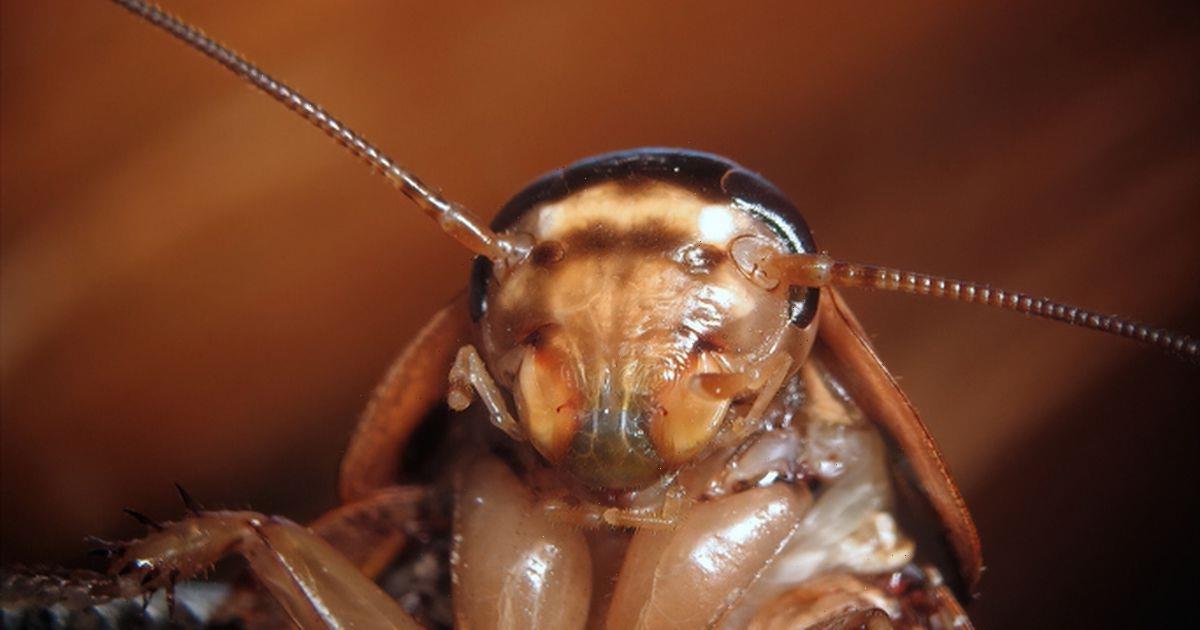Derbyshire farms close due to avian flu outbreak in 2021
We use your sign-up to provide content in ways you’ve consented to and to improve our understanding of you. This may include adverts from us and 3rd parties based on our understanding. You can unsubscribe at any time. More info
On April 7, officials from the Florida Department of Health recorded that meningococcal disease cases surpassed the state’s five-year average. Florida Department of Health of Leon County said in a press release: “Anyone who has been exposed or develops symptoms should be evaluated by a health care provider right away. “This is a rare but potentially devastating infection.”
The outbreak has reportedly been primarily affecting gay, bisexual and other men who have intercourse with men, including those with HIV, according to the US Centers for Disease Control and Prevention (CDC).
Jill Roberts, from the University of South Florida, told WTSP: “Unfortunately, it seems that was the population that was struck first, and this virus spreads through close prolonged contact.”
She added: “There is nothing special about Neisseria that it particularly wants to spread in that population.”
The CDC is now urging people to get the meningococcal vaccine and have warned of the “large, ongoing” outbreak.
Health chiefs have stressed that it is particularly important for college and university students, people with weakened immune systems (immunocompromised) and people with HIV, to get the jab.


Two vaccines are available, MenACWY, which is recommended to people with HIV, and MenB, recommended for young adults.
Meningococcal disease refers to any illness caused by bacteria known as Neisseria meningitidis.
The disease can commonly be severe, and even deadly.
It involves infections of the lining of the brain and spinal cord (meningitis), which causes swelling.
This disease outbreak is a more serious form of meningitis, which can cause 10 to 15 deaths for every 100 people who contract the disease.

Interim Health Officer at DOH Leon Sandon S. Speedling said: “We are working to investigate these cases and to ensure that people who have come into close contact with the patients receive antibiotics as a precautionary measure against infection.”
The press release adds: “This type of bacterial meningitis is not easily transmissible from person to person.
“It requires close contact over a period of time, or direct contact such as kissing or sharing drinks.
“According to the Centers for Disease Control and Prevention (CDC), people do not catch the bacteria through casual contact or by breathing the air where someone with meningococcal disease has been.”
The early symptoms of the disease include a sudden headache, fever, vomiting, stiff neck, confusion, rash, and light sensitivity.
DON’T MISS
Denmark stockpiles 2 million iodine tablets as nuclear fears soar [REPORT]
Putin threatens to STARVE Germany in horror retaliation to measures [REVEAL]
‘I am NOT locking down’ Britons defiantly stand against Covid curbs [INSIGHT]


Treatment with antibiotics should begin as soon as possible after symptoms start.
The World Health Organisation explains that the best control strategy for the prevention of meningococcal cases and outbreaks is vaccination.
Vaccines against the disease have been available for over 50 years, but the WHO says that access to existing vaccines is challenging due to limited and unaffordable supplies.
Source: Read Full Article


